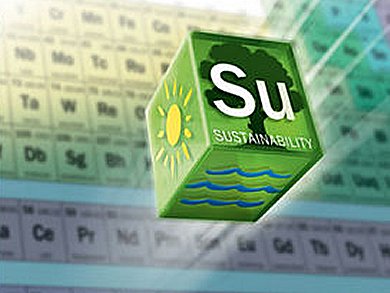Food, energy, water and climate. Accoring to Javier Garcia Martinez, director of the Laboratory of Molecular Nanotechnology, University of Alicante, Spain, founder of Rive Technology and author of The Chemical Element: Chemistry´s Contribution to Our Global Future, these modern versions of the classical elements are the essential components of any solution to today´s great challenges.
He says that as our scientific knowledge broadens, scientists should be trained to think holistic and to work on radical solutions. Also creativity and originality need to be promoted in the classroom or the lab. Tomorrow’s scientists should look to digital photography, podcasting, gaming consoles, and smart phones as examples of the kind of disruptive innovation we need. This requires a rare kind of talent, strong leadership, and long-term investment, since success is not guaranteed.
Martinez expects many of the new discoveries to come from the countries China, India, and Brazil, where most of the future scientists and engineers are currently studying. Given this, the urgency of the challenges we face, calls for team work on the part of the US and Europe.
In the past, we invested in education and R&D to improve our national competitiveness, now, we need to find ways to cooperate in order to discover, implement, and scale-up global solutions to urgent challenges. This effort should prioritize creating a new generation of scientists who are not afraid of mastering the four elements of modern chemistry, to provide us not only with incremental information to known problems but with breakthrough solutions to the crises we face today.
- The Four Elements of Modern Chemistry,
The Washington Post,
November 25, 2011. - UNESCO’s Patronage For Book
UNESCO granted its patronage to the book The Chemical Element - Will Chemistry Make the World a Better Place?
Frank Weinreich, Wiley-VCH, Germany, takes a look at a book that asks how attainable the goals of the chemical community are



